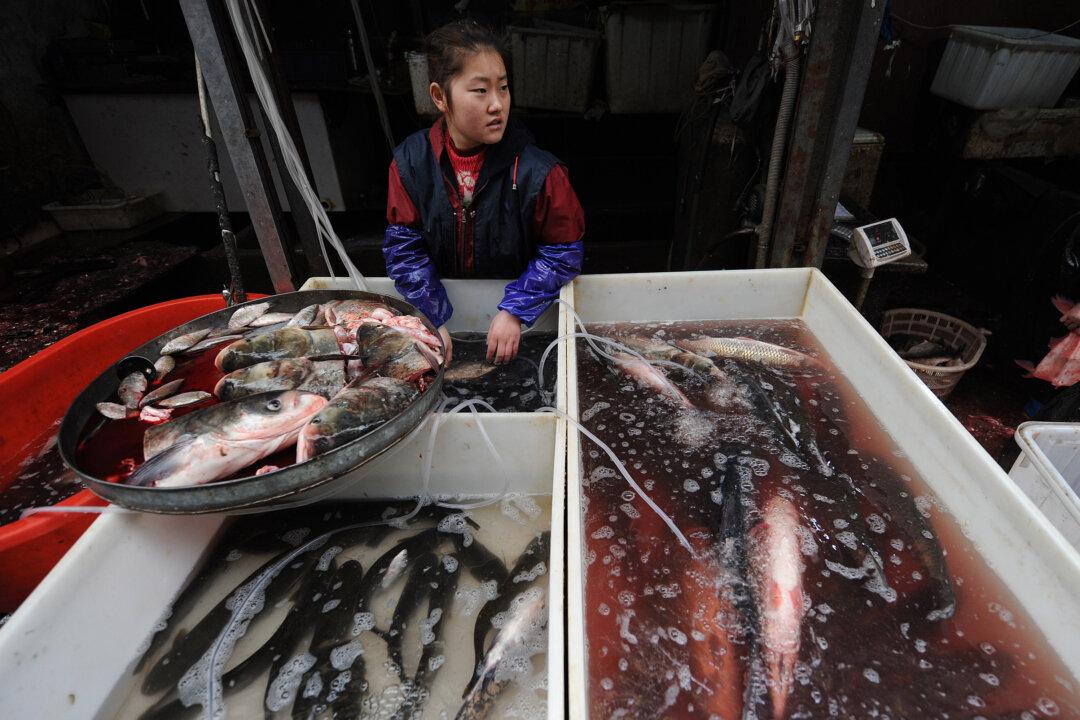Zhong Nanshan, a pro-regime academician at the China Academy of Engineering, prefers small fish.
“When I see those particularly huge fish, I don’t eat them,” he remarked at a March 7 meeting of the National People’s Congress.
“I’m concerned that the fish has a lot of antibiotics. I'd rather eat small fish,” he continued, in a session that took to task the entire industry of animal husbandry and aquaculture in China—and in particular the rampant abuse of antibiotics.
Rather than develop sustainable and genuinely healthy farming practices, Chinese growers often resort to antibiotics to fend off the bacterial infections that come from unsanitary conditions.
And they overuse them to such a degree that the microorganisms in animals begin to build up antimicrobial resistance—which makes the antibiotics meant to kill bacteria ineffective. This can then be transferred to the human body, posing a serious threat to global health.
The World Health Organization said that increase resistance to the effects of antibiotics is stopping prevention and treatment of an ever-increasing range of infections caused by bacteria, parasites, viruses, and fungi.
In China, abuse of the drugs also severely pollutes the waterways. They are discharged along with masses of animal fecal matter, polluting rivers and floating on the surface of bodies of water. Zhong Nanshan, the Chinese political figure, referred to a report from last year that said China’s surface water at the time contained 68 kinds of antibiotics in high densities—these include in the Pearl and Huangpu rivers, major waterways.
“If you drink water from those places, it’s the same as eating medicine,” Zhong said.




